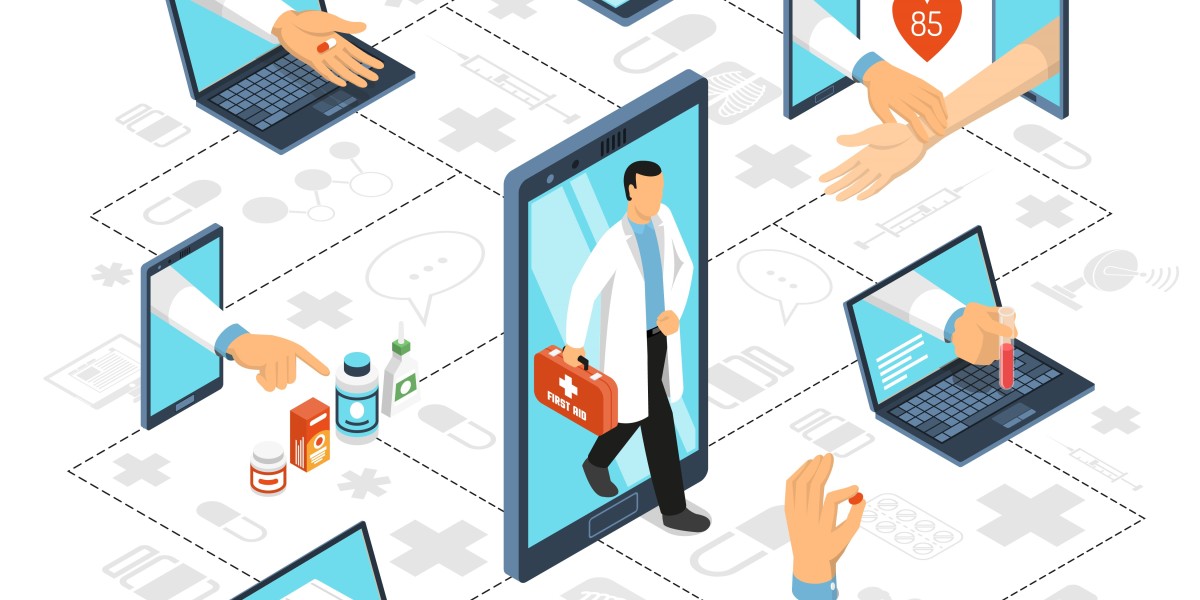In an era defined by rapid technological advancements, the healthcare industry has not been left behind. Connected medical devices, such as insulin pumps, pacemakers, and smart monitoring systems, have revolutionized patient care by providing real-time data to healthcare professionals and allowing patients to take more control of their health. However, with this convenience comes the critical concern of security.
The Growing Role of Connected Medical Devices
Connected medical devices are invaluable in modern healthcare. They allow physicians to remotely monitor patients, adjust treatment plans in real-time, and provide personalized care. These devices also enable patients to track their health metrics and share the data with healthcare providers, fostering a collaborative approach to managing chronic conditions.
The Vulnerabilities in Connected Medical Devices
As these devices connect to the internet or other networks, they become potential targets for cyberattacks. Hackers can gain access to sensitive patient information, manipulate device functionality, or even cause harm to the patient. Security breaches in medical devices can have serious consequences, compromising patient safety and privacy.
Ensuring the Security of Connected Medical Devices
Device Encryption: Data encryption ensures that information transmitted between devices and healthcare providers is secure and cannot be easily intercepted.
Firmware Updates: Regular firmware updates fix known vulnerabilities and enhance the device's security. Both manufacturers and users must stay proactive in keeping devices up to date.
User Authentication: Strong authentication processes, like biometrics or two-factor authentication, can prevent unauthorized access to the device.
Network Security: Healthcare facilities need to establish robust network security protocols to protect against intrusions and data breaches.
Regulations and Compliance: Adhering to industry regulations, such as HIPAA, and FDA guidelines ensures that medical device manufacturers prioritize security.
The Future of Connected Medical Device Security
As the use of connected medical devices continues to grow, healthcare organizations and manufacturers must prioritize security. Industry collaboration and advancements in cybersecurity technology will play a crucial role in ensuring that these devices remain safe for patients.
In conclusion, connected medical devices offer immense benefits in patient care, but the security of these devices is paramount. By following best practices and staying vigilant, the healthcare industry can embrace the advantages of these technologies while safeguarding patient safety and data privacy.








